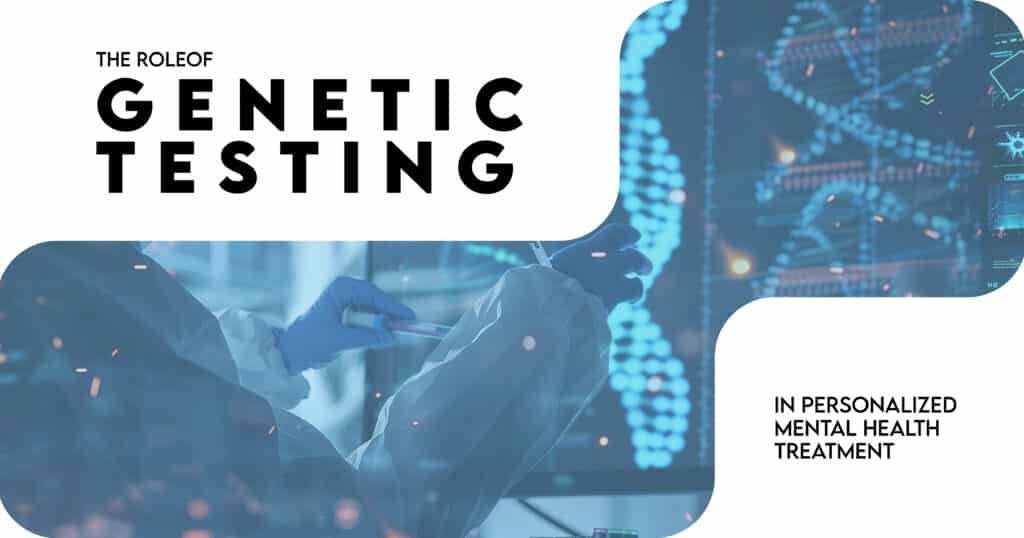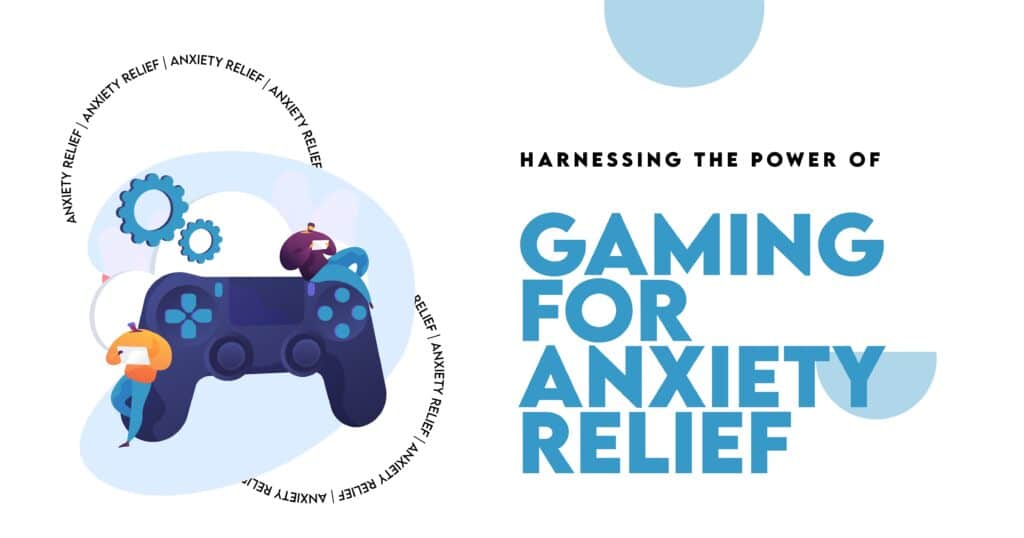Genetic testing is a method of analyzing DNA to uncover information about genetic predispositions and traits. By identifying specific genetic variations or mutations, this test can reveal insights into various conditions, including mental health disorders.
Essential Takeaways
- Personalized Treatment: Genetic testing helps create customized treatment plans based on your unique genetic profile, leading to more effective care.
- Enhanced Medication Response: Genetic testing helps select the right medications and dosages by identifying how genetic variations affect medication efficacy.
- Future Potential: Advances in genetic research are expected to improve the accessibility and effectiveness of personalized mental health treatments.
Why is Genetic Testing Important for Mental Health?
Genetic testing is crucial for mental health because it helps tailor treatment plans to an individual’s genetic profile. This personalized approach can lead to more effective treatments and minimize the side effects of medications.
By understanding genetic factors, mental health professionals can offer a more customized care plan that aligns with each person’s unique needs.
The Science Behind Genetic Testing
How Genetic Testing Works
Genetic testing involves a few key steps:
- Sample Collection: DNA is typically collected via a blood draw or cheek swab.
- Laboratory Analysis: The DNA is analyzed in a lab to identify genetic variations associated with mental health conditions.
- Interpreting Results: The results help healthcare providers understand how genetic factors might influence mental health and treatment options.
Key Genetic Markers in Mental Health
Several genetic markers are associated with mental health disorders:
- Depression: Variations in the serotonin transporter gene (SLC6A4) are linked to depression and response to antidepressants.
- Anxiety: Genes related to neurotransmitter systems, such as GABA and serotonin, affect anxiety disorders.
- Bipolar Disorder: Genetic markers like ANK3 and CACNA1C have been linked to bipolar disorder, helping in risk assessment and treatment planning.
Personalized Mental Health Treatment: The Benefits
Tailoring Treatment Plans
Genetic testing allows for creating personalized treatment plans that cater to an individual’s genetic makeup. This approach ensures that the chosen treatments are more likely to be effective and have fewer side effects.
Improving Medication Efficacy
Genetic testing can predict how individuals will respond to specific medications, enabling healthcare providers to select the most suitable options and adjust dosages to avoid adverse effects and enhance treatment outcomes.
Reducing Trial and Error
Genetic testing provides insights into genetic factors, helping reduce the trial-and-error process commonly associated with mental health treatment. This leads to faster and more effective results.
The Process of Genetic Testing for Mental Health
Getting Tested: What to Expect
- Consultation: Discuss with your healthcare provider whether genetic testing is appropriate for your situation.
- Sample Collection: Provide a sample of your DNA through a blood draw or cheek swab.
- Laboratory Analysis: Your sample is analyzed in a lab to identify relevant genetic markers.
- Receiving Results: Your healthcare provider will explain the results and their implications for your treatment plan.
Interpreting Results
Understanding genetic test results involves interpreting how genetic variations affect mental health. Your healthcare provider will help you understand what the results mean and how they will influence your treatment.
Privacy and Ethical Considerations
Ensure that your genetic information is kept confidential and used ethically. Discuss privacy concerns with your healthcare provider and understand the potential impact on your family.
Current Trends and Future Directions
Advancements in Genetic Research
Ongoing research in genetics is leading to new discoveries about the genetic basis of mental health conditions. Advances in genomics and precision medicine are enhancing the effectiveness of genetic testing and personalized treatment approaches.
The Future of Personalized Mental Health Care
The future of mental health care will likely see more widespread use of genetic testing, making personalized treatment more accessible. Advances in genetic research promise to improve treatment outcomes and offer a more tailored approach to mental health management.
Integrating Genetic Testing into Your Mental Health Routine
When to Consider Genetic Testing
Consider genetic testing if:
- You Have a Family History: It can provide insights into your risk for hereditary mental health conditions.
- Traditional Treatments Aren’t Effective: It can help identify reasons for treatment failure and suggest alternatives.
- You Want Personalized Care: It offers a customized approach to treatment based on your genetic profile.
Working with Healthcare Providers
To maximize the benefits of genetic testing:
- Discuss Your Goals: Ensure that your healthcare provider understands your concerns and treatment goals.
- Understand the Results: Ask questions about how the results will impact your treatment plan.
- Stay Informed: Keep up with advancements in genetic research and treatment options.
Conclusion: Embracing the Future of Mental Health Treatment
The Promise of Personalized Care
Genetic testing offers significant potential for enhancing mental health treatment by providing insights into individual genetic profiles. This personalized approach can improve treatment outcomes and support better mental health management.
Interested in exploring how genetic testing can enhance your mental health treatment? Contact a mental health professional to discuss whether genetic testing is right for you and take the first step towards a more personalized approach to mental health care.
FAQs
- What is genetic testing for mental health?
Genetic testing analyzes your DNA to identify genetic markers associated with mental health conditions, helping to tailor treatment plans.
- How accurate is genetic testing for mental health conditions?
While genetic testing provides valuable insights, it is not 100% definitive. It should be used alongside other diagnostic methods and clinical evaluations.
- How long does it take to get results from a genetic test?
Results typically take a few weeks to a couple of months, depending on the complexity of the test and the laboratory.
- Are there risks associated with genetic testing?
Risks include privacy concerns and potential impacts on insurance or employment. It’s important to discuss these with your healthcare provider.
- Can genetic testing replace traditional mental health treatments?
No, genetic testing complements traditional treatments by providing additional information that can enhance treatment effectiveness but does not replace established methods.








